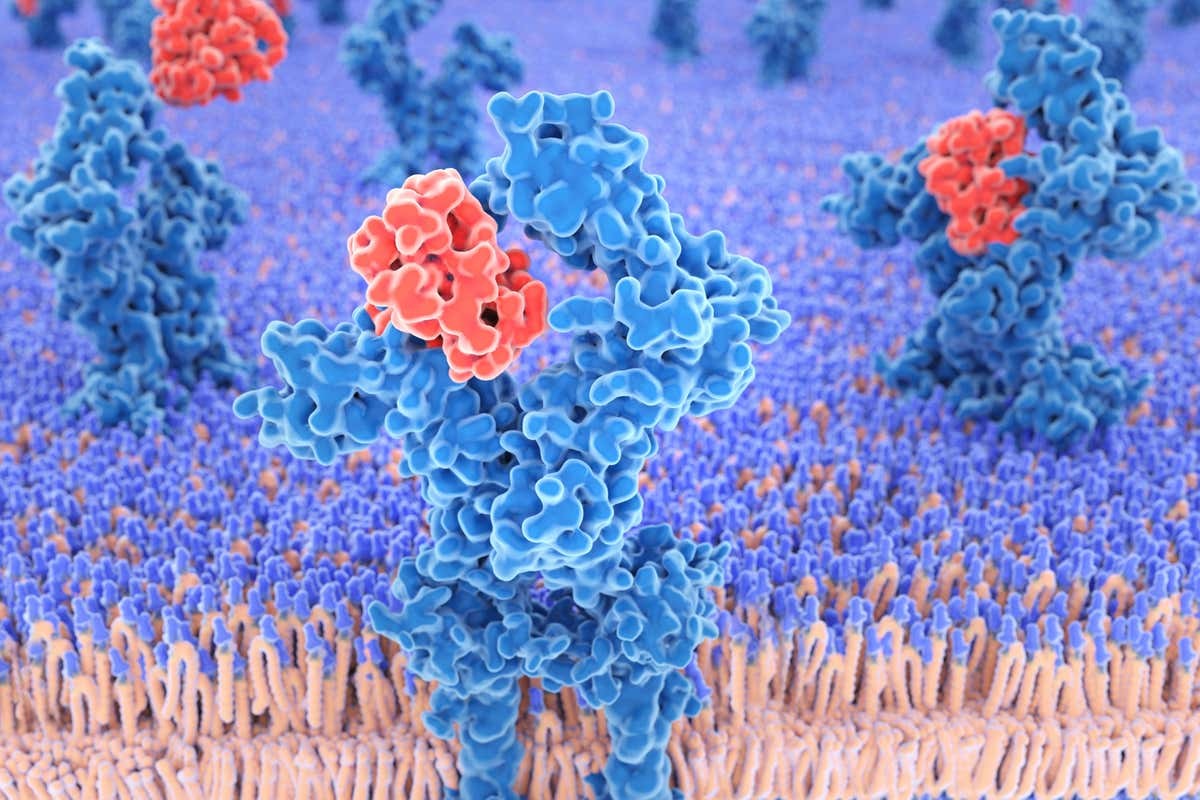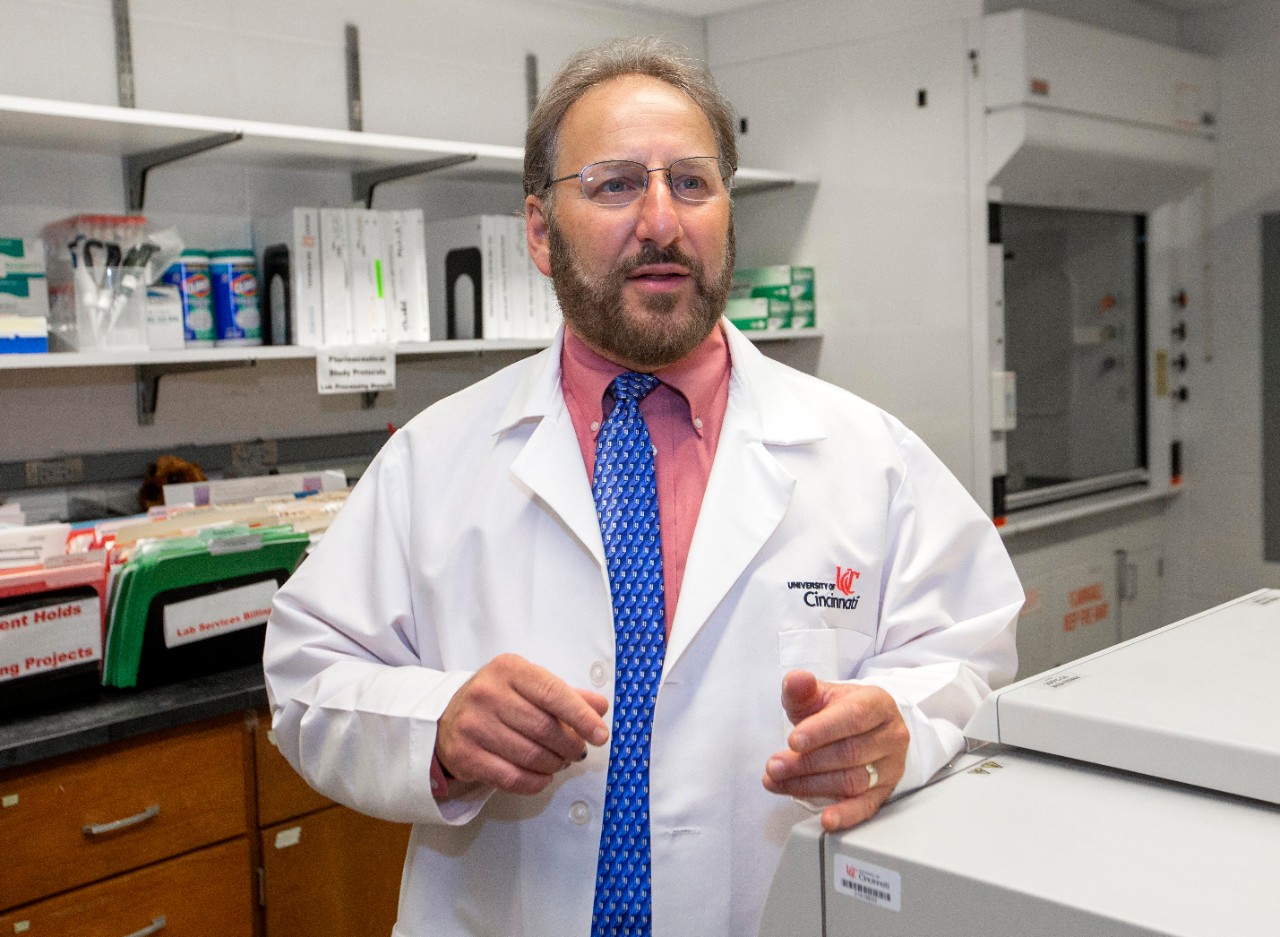
Health.com: What is a cytokine storm?
UC expert explains how some COVID-19 patients' immune systems turn deadly
Health.com interviewed Dr. Carl Fichtenbaum of the UC Division of Infectious Diseases for a story on the impact cytokine storms have on the immune systems of COVID-19 patients.

Dr. Carl Fichtenbaum of the UC Division of Infectious Diseases. Photo/Joe Fuqua III/UC Creative + Brand
One of the most mystifying aspects of the pandemic is why some patients have no symptoms while others get so sick they need to be put on a ventilator.
Fichtenbaum says part of the body's response to an infection involves releasing cytokines, biological chemicals that stimulate cell pathways and allow for communication between cells.
"Normally, cytokines are meant to be helpful to us in moderation," explains Dr. Fichtenbaum, "but when a certain pathway is engaged [too much] the immune system starts causing damage to the patient."
Read the full article here.
Featured image at top of a cytokine storm/Getty Images
Find the latest details related to coronavirus disease 2019 (covid-19) on the Centers for Disease Control and Prevention (CDC) website, and follow UC's latest information with regard to the virus.
Related Stories
Everything you need to know about scents and your hair
May 1, 2025
The University of Cincinnati's Kelly Dobos was featured in an NBC News article discussing the science behind hair fragrances and shampoos.
A farewell for the iconic Crosley Tower
May 1, 2025
The Cincinnati Business Courier reports that UC Board of Trustees approved $47.3 million for remediation and demolition of Crosley Tower. There are mixed feelings about what has been dubbed by some as the ugliest building on a U.S. college campus.
Machine learning brings new insights to cell’s role in...
April 30, 2025
Researchers led by the University of Cincinnati’s Anna Kruyer and the University of Houston’s Demetrio Labate have published research in the journal Science Advances applying object recognition technology to track changes in brain cell structure and provide new insights into how the brain responds to heroin use, withdrawal and relapse.
